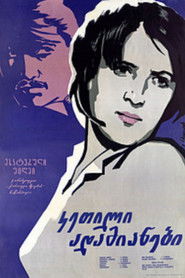detail profile ekaterine verulashvili
Peran Yang Di Mainkan Ekaterine Verulashvili
 Ketevan a village doctor is already...
Ketevan a village doctor is already...Waiting 1971
Ketevan, a village doctor, is already sending her second son away in the world war. Only the youngest child, Mamuka, remains as the family's hope. Ketevan does not lack care for the sick, lives in hope, and waits for his children to return home. But the harsh reality of the war demands a sacrifice from her again - Ketevani sends his third son to the war as well.
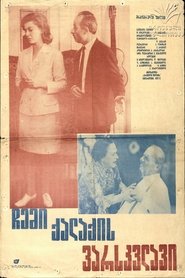 Ololi a young actress returns to...
Ololi a young actress returns to...Star of My Town 1970
Ololi, a young actress, returns to her family and hometown after separating from her husband. Her father's colleague wants to marry her, but his desire is driven more by ambition than genuine affection. However, Ololi falls in love with someone else, a young driver named Guja. Guja loves Ololi as well, but he struggles against societal judgment, which looks down upon the profession of an actress.
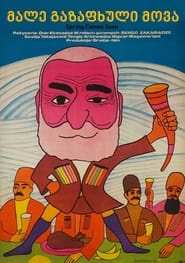 The old peasant Minago Iremadze and...
The old peasant Minago Iremadze and...Spring Comes Soon 1969
The old peasant Minago Iremadze and his wife miss their children who live in the city. The older brother married a city girl, the younger studies there. Minago decides to bring them back home. He goes to the city and tells everything to his sons. The brothers understand their dad well but cannot abandon the city life.
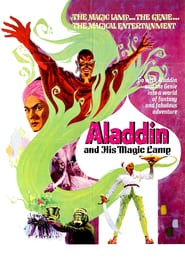 A young boy finds a magic...
A young boy finds a magic...Aladdin and His Magic Lamp 1967
A young boy finds a magic lantern that contains a genie, and when he frees the genie he's granted three wishes. He uses the wishes to help the princess of Baghdad and her father fight off an evil sorcerer who's trying to take over the kingdom.
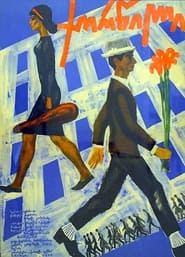 A young man keeps meeting the...
A young man keeps meeting the...The Wedding 1964
A young man keeps meeting the same girl with a violin again and again. Is it his destiny?
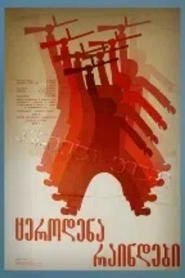 A young and inexperienced school teacher...
A young and inexperienced school teacher...ცეროდენა რაინდები 1963
A young and inexperienced school teacher believes that she cannot find the right approach to the children and, frustrated by their behavior, decides to leave school. But homework assignments, in which the children describe their adventures and impressions, completely change her mood.
 A threepart feature film by Georgian...
A threepart feature film by Georgian...Under One Sky 1961
A three-part feature film by Georgian director Lana Ghoghoberidze, dedicated to the 40th anniversary of the Soviet Union. The film is based on Leo Qiacheli's short story "Princess Maya" and Archil Sulakauri's novels "Doves" and "Fresco". These three stories are separated by a 20-20 year interval (1921, 1941, 1961).
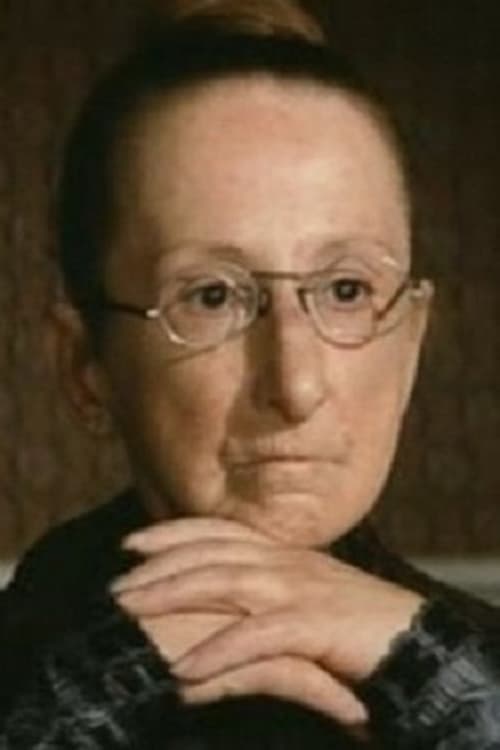
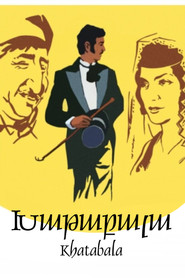 Zambakhov tries to marry his ugly...
Zambakhov tries to marry his ugly...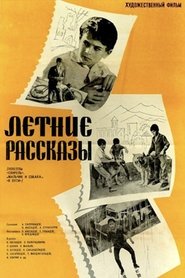 Cinema almanacs consists of three short...
Cinema almanacs consists of three short...